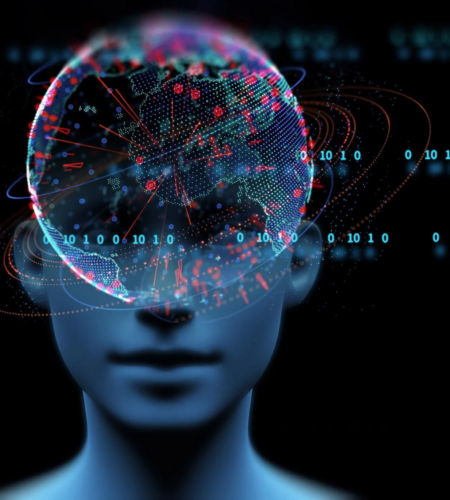Artificial intelligence (AI) is revolutionizing our world, but to truly harness its potential, we must look to its closest analogy: the human brain. Understanding human cognition offers invaluable insights into developing and improving AI systems. Here’s how these connections can unlock the future of AI and elevate human potential beyond surface-level efficiency.
Just as the human brain uses neural networks to process information, AI uses artificial neural networks. By studying how neurons communicate through synapses, we can develop more efficient algorithms for AI learning and problem-solving. Humans learn through experience, constantly adapting to new information. This concept of learning from data is mirrored in machine learning. Understanding cognitive learning processes can help improve AI’s ability to adapt and learn from less structured data.
The human brain stores vast amounts of information in a highly organized manner. Similarly, AI relies on data storage and retrieval. Insights into how the brain organizes and retrieves memories can inform better data management techniques in AI systems. Humans perceive the world through senses, which the brain processes into coherent experiences. AI aims to replicate this through image and speech recognition technologies. By studying sensory processing, we can enhance AI’s ability to interpret and respond to real-world data.
Human cognition excels in decision-making and problem-solving, often under uncertain conditions. Understanding these cognitive processes can improve AI’s capability to make decisions in complex, unpredictable environments. Moving beyond surface-level efficiency, AI systems designed with a deeper understanding of human cognition can tackle more complex tasks, innovate solutions, and enhance human creativity.
By bridging the gap between brains and bots, we can develop smarter, more intuitive AI systems that enhance our lives in unprecedented ways. This approach not only leads to more advanced technology but also elevates human potential, allowing us to achieve greater heights in creativity, problem-solving, and overall efficiency.


